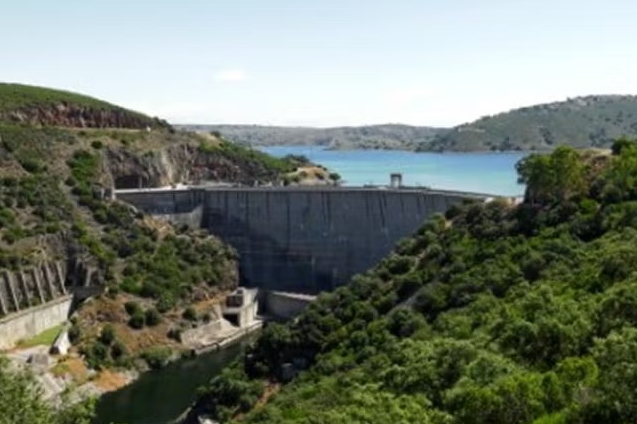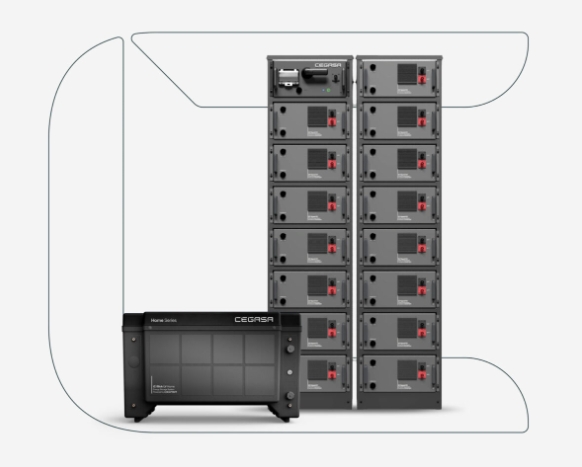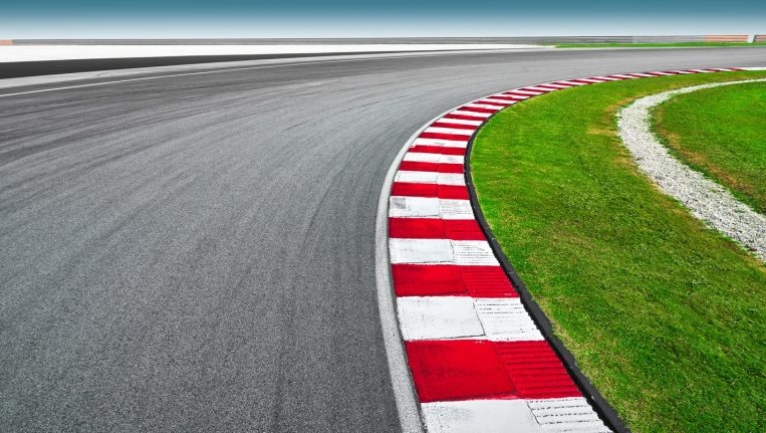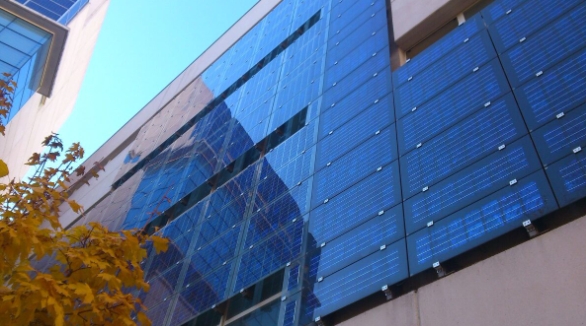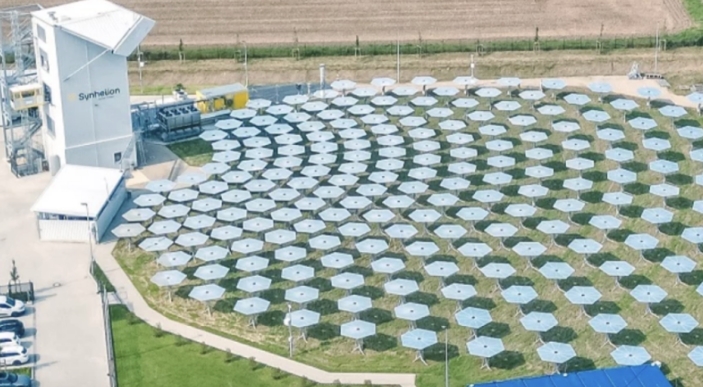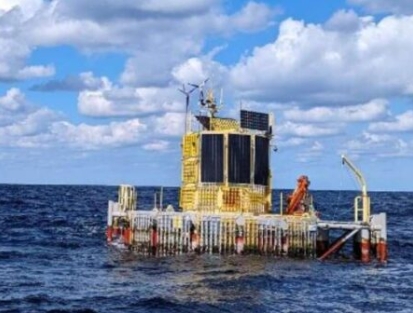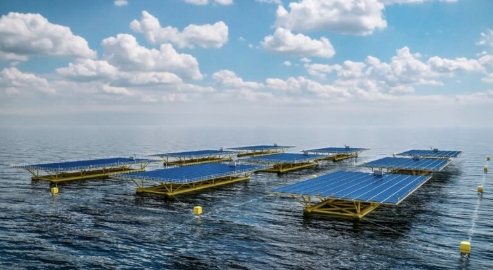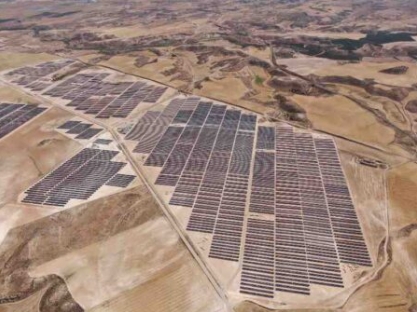
In response to the urgent need for climate action, Korea Electric Power Corporation (KEPCO) has achieved a significant milestone by building a 2MW water electrolysis technology development testbed, marking a first in Korea.
This initiative aligns with the global push for energy transition and carbon neutrality. KEPCO’s strategic approach involves collaborating with countries worldwide, including the United States and Germany, to secure source technology for green hydrogen production.
According to KEPCO, its Electric Power Research Institute constructed the largest hybrid water electrolysis system in Korea last year, with a capacity of 2MW. This development paves the way for accelerated research and development of carbon-neutral technology through collaborative efforts involving industry, academia, and research. The focus will be on enhancing high-performance water electrolysis technology and developing high-stability chemical hydrogen storage. The ultimate goal is to create an economically viable and practical electrolyzer. Additionally, KEPCO plans to foster international cooperation to secure water electrolysis source technology.
The significance of water electrolysis technology lies in its ability to produce hydrogen, the ultimate energy source, without carbon emissions. As a potential replacement for fossil fuels, hydrogen requires an equivalent amount of clean energy sources for its production. Hydrogen fuel can be derived from water or hydrocarbon-based materials through a process that separates hydrogen from these sources. By utilizing renewable energy sources, such as solar or wind power, the production of green hydrogen becomes feasible without carbon emissions. This has sparked global interest in water electrolysis technology, which effectively separates water into hydrogen and oxygen.
KEPCO embarked on the development of Power-to-Gas (P2G) technology in 2019, focusing on the long-term storage and conversion of renewable energy. In 2020, the corporation made advancements in water electrolysis element technology through collaborations with industry, academia, and research institutions. P2G involves converting electricity into gas and refers to the process of electrolyzing water with surplus power generated by intermittent renewable energy sources. The resulting hydrogen can be used as fuel for hydrogen electric vehicles and fuel cells or combined with carbon dioxide to produce and store methane.
As part of the research project, KEPCO established a 2MW hybrid water electrolysis system testbed, capable of producing 200 N㎥/hr (18 kg) of hydrogen per 1 MW during rated operation. The testbed consists of both alkaline and polymer electrolyte membrane (PEM) methods, each with a scale of 1 MW. The produced hydrogen boasts a high purity of 99.997% while achieving a production efficiency of 76% based on the electrolyzer stack. KEPCO has also completed the development of an integrated control system (P2G-PMS) to ensure the stable operation of alkaline and PEM water electrolysis systems. Additionally, the company has conducted a business model and economic evaluation, considering the impact of renewable power sources and grids in the future.
Moving forward, KEPCO plans to collaborate with industry, academia, and research institutions to initiate research on “high-performance next-generation water electrolysis” and “high-stability chemical hydrogen storage.” By 2028, the goal is to secure original technology that mitigates the risks of fire and explosions while maintaining storage density.
Moreover, KEPCO will continue its global cooperation efforts with countries worldwide. This year, the corporation aims to work with Germany’s Fraunhofer Research Institute to develop hydrogen production technology using water electrolysis and technology for extracting hydrogen from ammonia through electricity and heat energy. Since last year, KEPCO has been an active participant in the Low Carbon Resources Initiative (LCRI), a global joint research project hosted by the Electric Power Research Institute (EPRI) and the Gas Technology.
